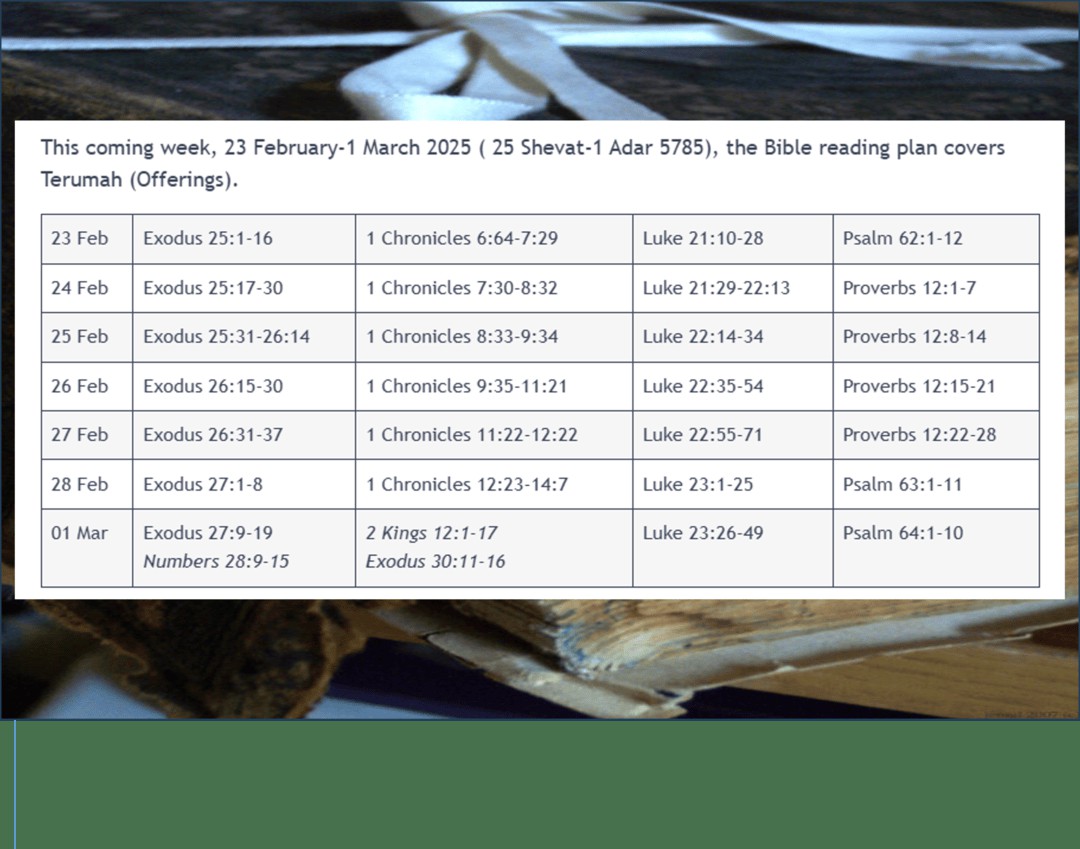Watch
Events
Articles
Market
More
*Would you be pleased to hear my new song?*
*Warning: it gets a little bit heavy for the main part.*
https://youtube.com/playlist?l....ist=PLvpqSEOjm62482G
O Yah, our Lord, how Majestic Your Name
By Garth Grenache
and his Uncanny Valley Orchestra
2025:2:22
[Chorus]
O Yah, our Lord, how majestic Your name
In all the earth, Your glory proclaimed
From infants' lips, Your strength is made known
Your enemies silenced before Your throne
[Verse 1]
When I look up at the night sky so vast
The moon and stars, by Your fingers cast
What is mankind that You think of us?
Yet You've crowned us with glory and trust
[Chorus]
O Yah, our Lord, how majestic Your name
In all the earth, Your glory proclaimed
From infants' lips, Your strength is made known
Your enemies silenced before Your throne
[Verse 2]
The fool says there is no God above
All have turned away from Your love
But You look down from heaven on high
Seeking those who on You rely
[Chorus]
O Yah, our Lord, how majestic Your name
In all the earth, Your glory proclaimed
From infants' lips, Your strength is made known
Your enemies silenced before Your throne



This coming week, 23 February-1 March 2025 ( 25 Shevat-1 Adar 5785), the Bible reading plan covers Terumah (Offerings).
https://thebarkingfox.com/2025..../02/21/weekly-bible-




This coming week, 23 February-1 March 2025 ( 25 Shevat-1 Adar 5785), the Bible reading plan covers Terumah (Offerings).
https://thebarkingfox.com/2025..../02/21/weekly-bible-




Be sure to join us TONIGHT, for the premiere of our NEW Virtual Shabbat Gathering over on our YouTube channel! The premiere will begin at, 8:30pm CDT. Let's get into YAH's Word! https://www.youtube.com/@TriumphInTruthMedia



